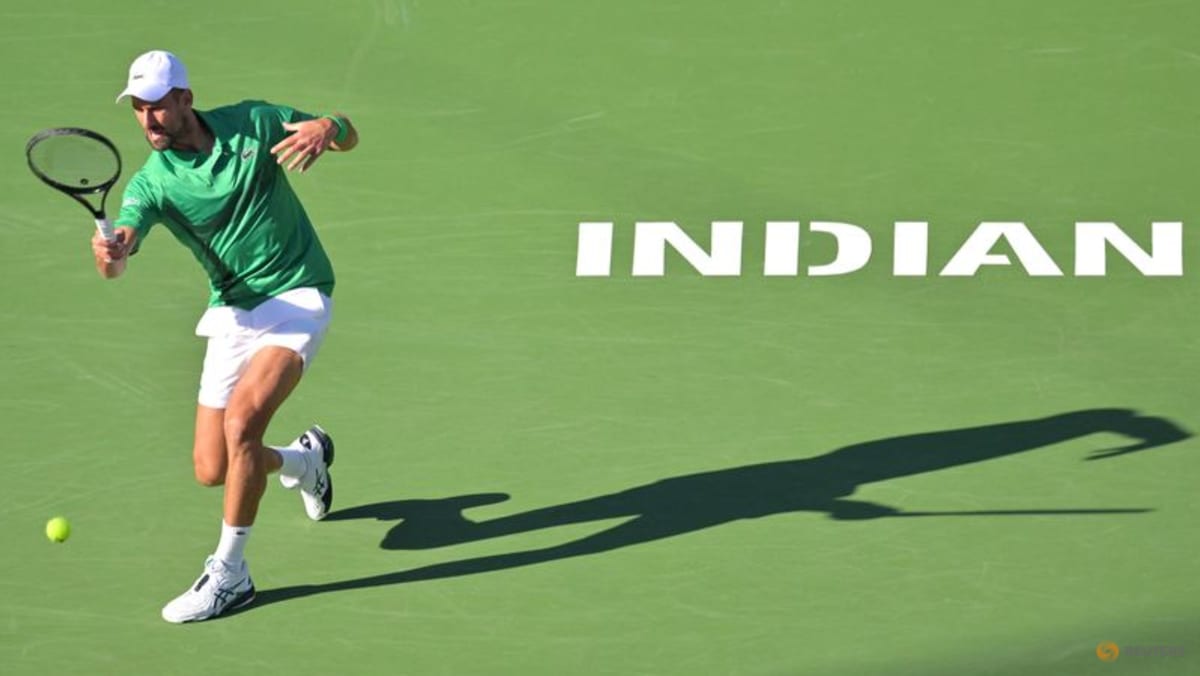PTPA, governing bodies may prefer talks over trial, says former ATP Board member

Tennis Power Struggle: Players Association Launches Legal Action Against Governing Bodies
A Call for Negotiation, Not Necessarily a Trial
The recent class-action lawsuit filed by the Professional Tennis Players' Association (PTPA) against tennis's governing bodies has sent shockwaves through the sport. While the 163-page lawsuit alleges anti-competitive practices and disregard for player welfare, a former ATP Board member believes the legal action serves primarily as a powerful call for serious negotiations.
Formed in 2020 by Novak Djokovic and Vasek Pospisil, the PTPA has long sought a formal seat at the table to advocate for players' rights. After years of what they describe as good-faith efforts to reform the sport, the association felt compelled to escalate their fight through legal channels.
Alex Inglot, a former European player representative at the ATP, offered his perspective: "They've tried to go by the book, play the game... try to be productive, progressive and additive. It's now got to a head where the players and the PTPA have decided they just haven't been given sufficient respect."
A Scattergun Approach with an Underlying Message
The lawsuit, filed in New York, London, and Brussels, targets the ATP, WTA, ITF, and ITIA, highlighting issues such as the grueling tennis schedule and ranking systems. Inglot describes this as a "scattergun approach," reflecting the PTPA's broad frustration and determination to be recognized as the key voice for change.
However, Inglot also points out a crucial missing piece: "I haven't seen a very clear indicator of 'this is what the PTPA believes the perfect system should look like... this is how the governance should look like'." This lack of a concrete alternative vision for the sport's governance could prove to be a challenge for the association.
The Path to Resolution: Collaboration or Continued Conflict?
Inglot suggests that the governing bodies are likely already working on addressing some of the concerns raised, such as the use of different balls in different tournaments and late-night match finishes. He predicts a scenario where the governing bodies implement changes and the PTPA claims credit, leading to further tension.
The crucial question becomes: what happens when the PTPA's demands are not fully met? Inglot believes the association will face pressure from players to continue the fight, potentially pushing the case further into the legal arena.
The future of professional tennis may well hinge on the ability of these opposing forces to find common ground and work together to address the legitimate concerns of the players while maintaining the integrity and stability of the sport. The lawsuit may be the catalyst that finally forces these crucial conversations to take place.